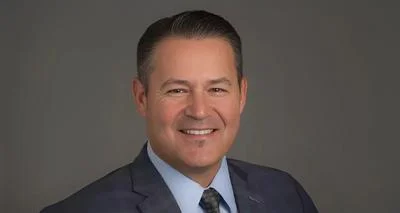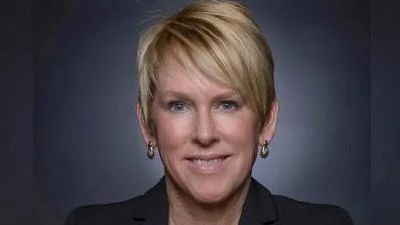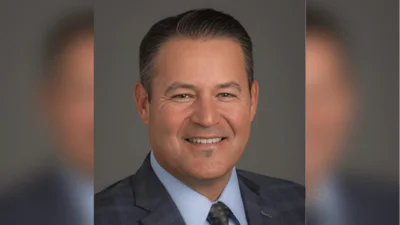David Armstrong, Wisconsin State Representative for 67th District | https://www.facebook.com/RepArmstrongWI/
David Armstrong, Wisconsin State Representative for 67th District | https://www.facebook.com/RepArmstrongWI/
According to the Wisconsin State Legislature's official website, the bill was described as follows: "requests for information from employers about unemployment insurance claims".
The following is our breakdown, based on the actual bill text, and may include interpretation to clarify its provisions.
In essence, this bill mandates that the Wisconsin Department of Workforce Development (DWD) provide employers with a minimum of 12 business days to respond to an initial request for information regarding unemployment insurance benefit claims. Under the current rules, employers must supply details about employment separations, work dates, wages, and other possibly disqualifying factors to aid in determining eligibility for unemployment benefits. The bill aims to create a standard response time for employers, ensuring they have adequate time to gather and submit the necessary information. This requirement will first apply to claims filed for the week starting on or after the bill's effective date.
The bill was co-authored by Senator Rob Hutton (Republican-5th District), Representative Robert Brooks (Republican-59th District), Representative Barbara Dittrich (Republican-99th District), Representative Benjamin Franklin (Republican-88th District), and Representative Rick Gundrum (Republican-58th District). It was co-sponsored by Senator Chris Kapenga (Republican-33rd District), Senator Steve L. Nass (Republican-11th District), and Senator Cory Tomczyk (Republican-29th District), along with seven other co-sponsors.
David Armstrong has co-authored or authored another 36 bills since the beginning of the 2025 session, with none of them being enacted.
Armstrong, a Republican, was elected to the Wisconsin State Assembly in 2025 to represent the state's 67th Assembly district, replacing previous state representative Rob Summerfield.
In Wisconsin, the legislative process starts when a senator, constituent, group, or agency proposes an idea for a bill. After drafting, the bill is introduced, numbered, and referred to a committee for review and public input. If approved, it moves through three readings and votes in both the Senate and Assembly. Once both chambers pass the same version, the bill goes to the governor, who can sign it, veto it, or let it become law without a signature. Only a small share of bills introduced each session ultimately become law. You can learn more about the Wisconsin legislative process here.
| Bill Number | Date Introduced | Short Description |
|---|---|---|
| AB146 | 03/17/2025 | Requests for information from employers about unemployment insurance claims |
| AB133 | 03/13/2025 | Investment securities under the Uniform Commercial Code |
| AB107 | 03/11/2025 | Conversion of cooperative associations organized to establish and operate nonprofit plans or programs for health care into service insurance corporations |
| AB82 | 02/28/2025 | Exempting certain conveyances between grandparents and grandchildren from the real estate transfer fee. (FE) |
| AB70 | 02/24/2025 | A disclaimer of parental rights and payments allowed in connection with an adoption |
| AB64 | 02/24/2025 | An income tax subtraction for certain expenses paid by a school teacher. (FE) |
| AB63 | 02/24/2025 | Financing the operating costs and certain out-of-state projects of nonprofit institutions and compensation of employees of the Wisconsin Health and Educational Facilities Authority. (FE) |
| AB59 | 02/24/2025 | The use of federal capitalization grant funds for lead service line replacement. (FE) |
| AB53 | 02/24/2025 | Special circumstances battery to a community service officer and providing a penalty |
| AB41 | 02/17/2025 | Local regulation of vegetable gardens |
| AB35 | 02/17/2025 | Withdrawal of candidacy for certain offices filled at the general election and providing a penalty. (FE) |
| AB21 | 02/06/2025 | Technical colleges’ lease of their facilities to others. (FE) |
| AB12 | 02/06/2025 | State agency status for certain physician assistants and advanced practice nurses who provide services without compensation for local health departments or school districts. (FE) |





 Alerts Sign-up
Alerts Sign-up